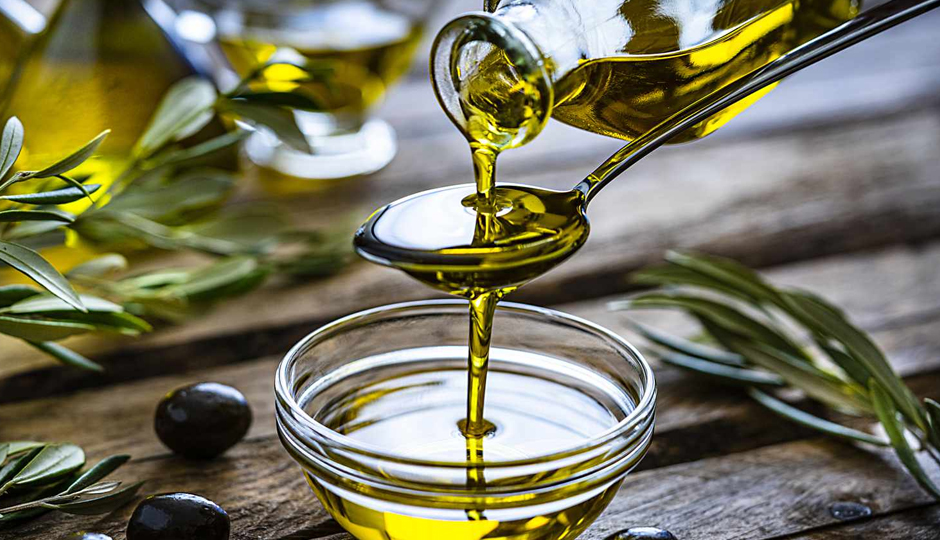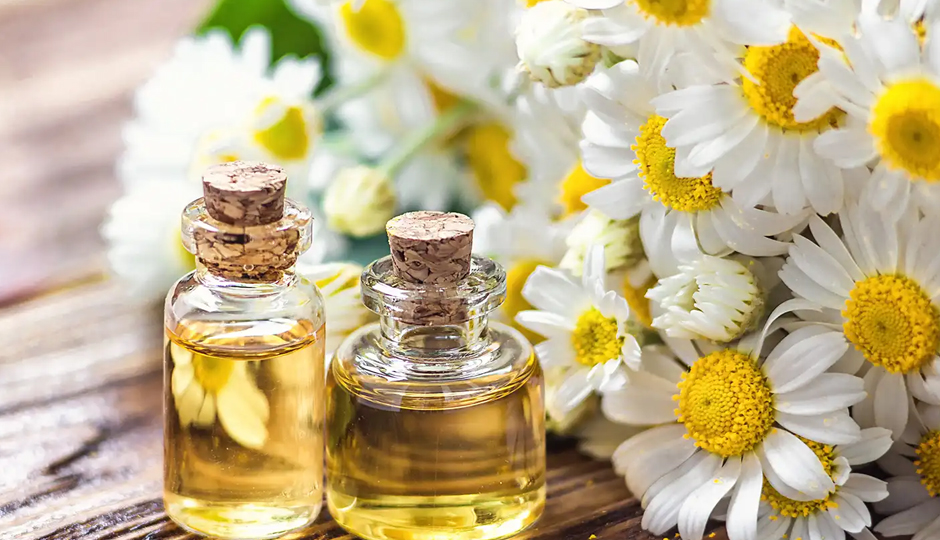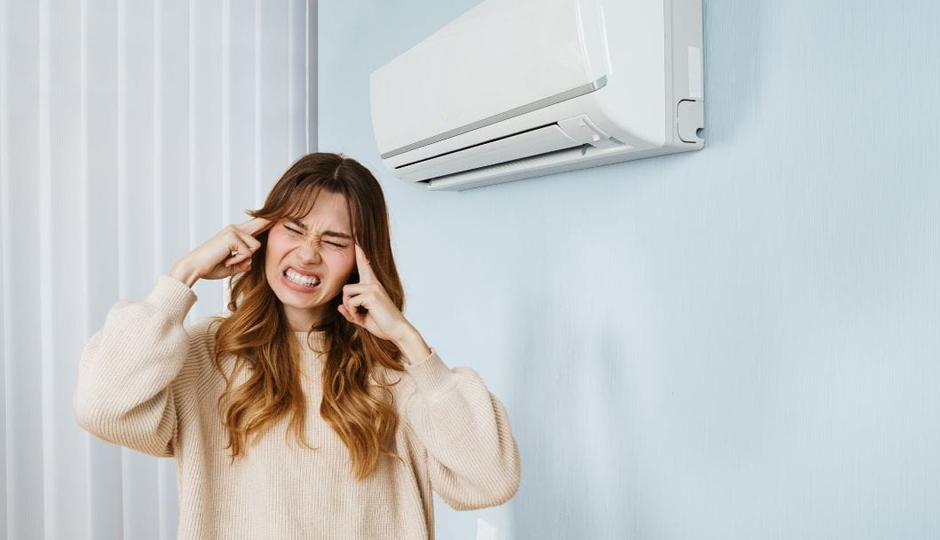8 DIY Ways To Treat Acne Breakouts In Monsoon
By: Priyanka Maheshwari Sun, 04 Aug 2024 2:49:21

Acne breakouts during the monsoon season are a common concern due to the unique environmental conditions prevalent during this time. The monsoon brings increased humidity and moisture in the air, which can significantly impact skin health.
As the monsoon season arrives, it brings with it a surge in humidity and dampness, creating an environment that can significantly affect the health of your skin. The increased moisture in the air, combined with the often high levels of sweat and oil production, creates the perfect breeding ground for acne-causing bacteria. This can lead to more frequent and severe breakouts.
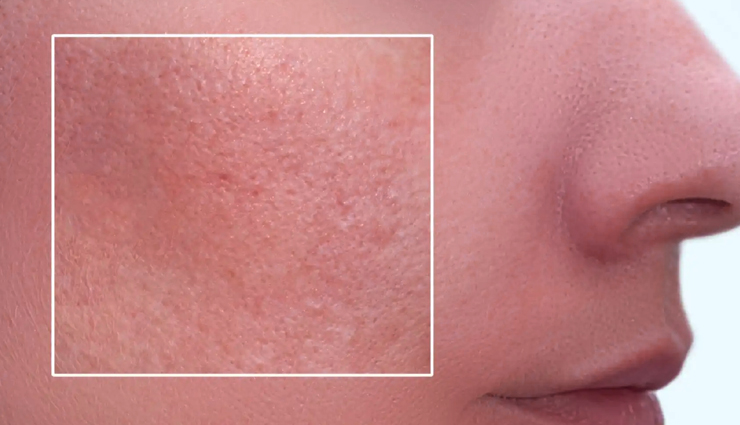
Factors Contributing to Acne Breakouts in Monsoon:
* Increased Humidity: High humidity levels lead to excessive sweating, which, when combined with the skin’s natural oils, can clog pores. Clogged pores are a primary contributor to acne development.
* Sweat and Oil Production: The body tends to produce more sweat and oil in humid conditions. Excess sweat and oil can mix with dirt and debris on the skin, leading to clogged pores and acne.
* Bacterial Growth: The warm and damp environment of the monsoon can promote the growth of acne-causing bacteria, exacerbating breakouts.
* Skin Care Challenges: Humidity can affect the efficacy of your skincare products. Heavy or greasy products may not be suitable for the season, potentially aggravating acne.
* Clogged Pores: With increased moisture and sweat, pores can become more prone to clogging, leading to acne formation.
During the monsoon, increased humidity can lead to more acne breakouts due to excess oil and sweat. Here are some home remedies that might help:
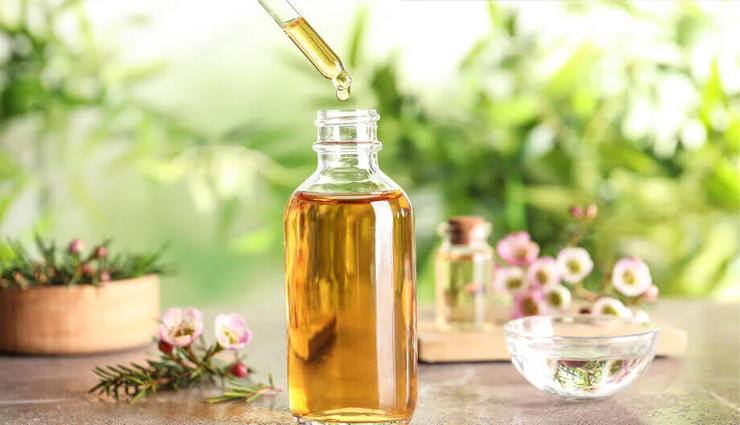
# Tea Tree Oil
Known for its antibacterial properties, tea tree oil can help reduce acne. Dilute a few drops with a carrier oil (like coconut oil) and apply it to affected areas.

# Aloe Vera
Aloe vera has anti-inflammatory properties that can soothe irritated skin and help heal acne. Apply fresh aloe vera gel to the affected areas.
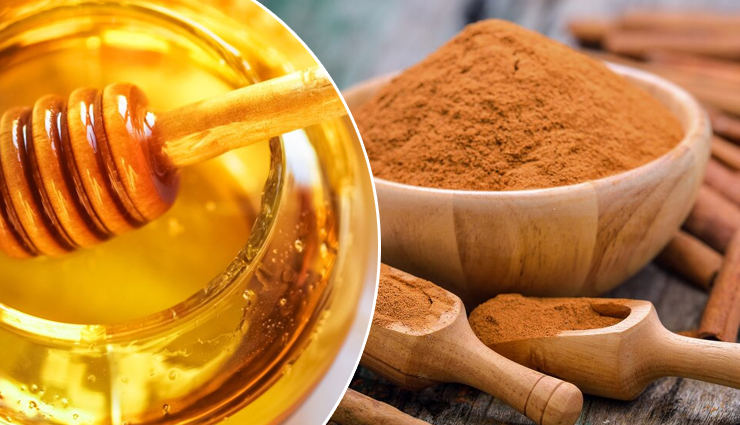
# Honey and Cinnamon Mask
Both honey and cinnamon have antibacterial properties. Mix honey with cinnamon to form a paste and apply it to the acne-prone areas. Leave it on for 10-15 minutes before rinsing off.
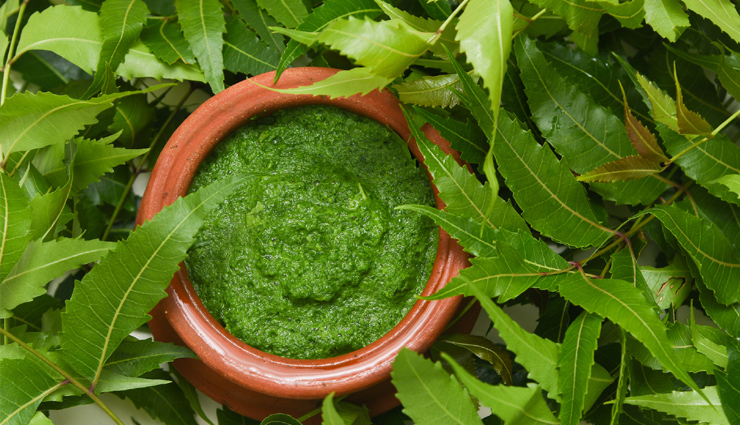
# Neem Paste
Neem has antibacterial and anti-inflammatory properties. Crush neem leaves into a paste and apply it to the affected areas. Leave it on for about 15 minutes before washing off.
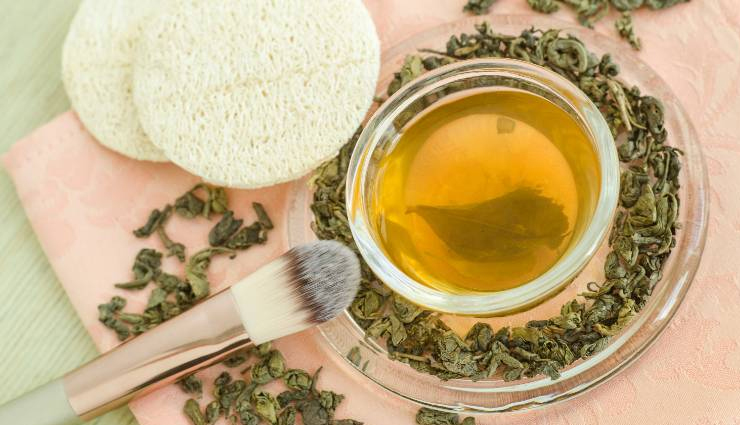
# Green Tea
Green tea can help reduce inflammation and control oil production. Steep a green tea bag, let it cool, and then apply it to the affected areas using a cotton ball.
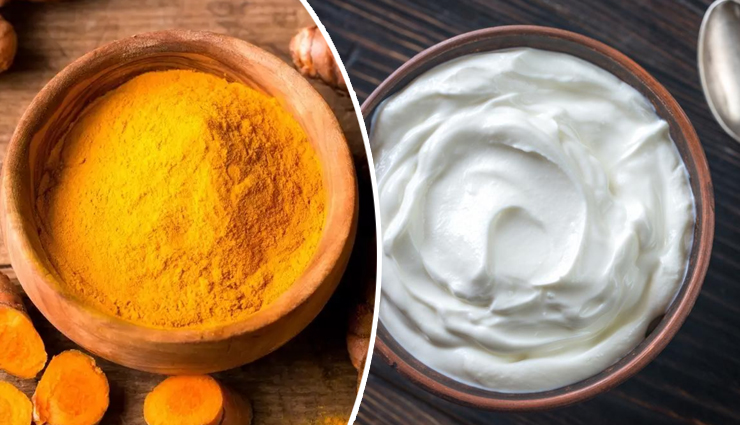
# Turmeric and Yogurt Mask
Turmeric has anti-inflammatory properties, while yogurt can help soothe the skin. Mix a pinch of turmeric with a tablespoon of yogurt and apply it to the affected areas. Leave it on for about 10 minutes before rinsing off.
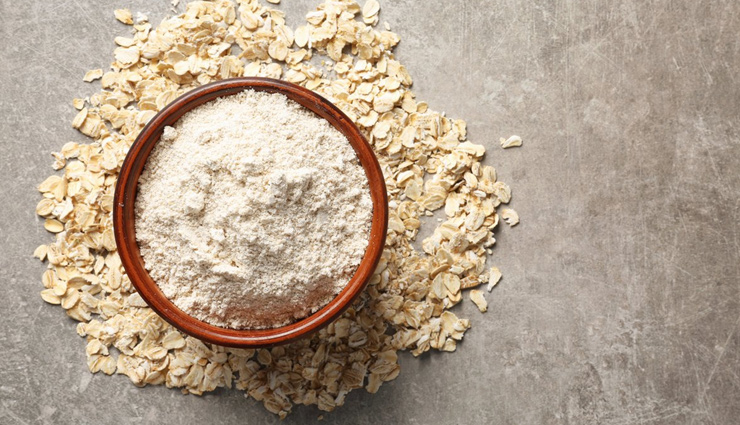
# Oatmeal Mask
Oatmeal can help absorb excess oil and soothe the skin. Mix oatmeal with water or yogurt to make a paste, then apply it to the affected areas. Leave it on for 10-15 minutes before rinsing off.
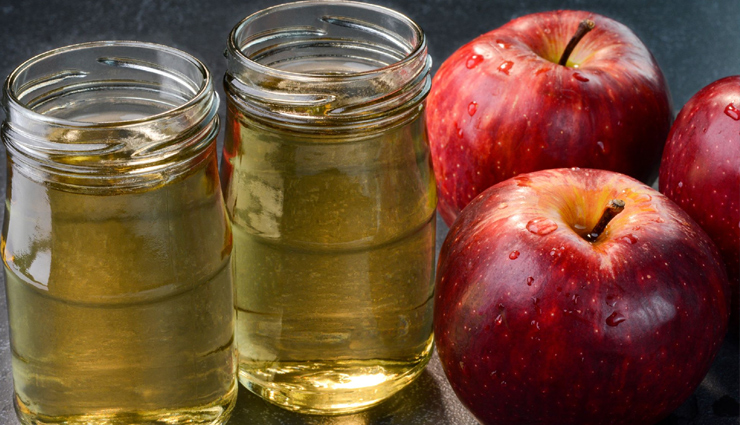
# Apple Cider Vinegar
It can help balance the skin's pH and has antibacterial properties. Dilute apple cider vinegar with water (1:3 ratio) and apply it to the skin using a cotton ball. Rinse off after a few minutes.

